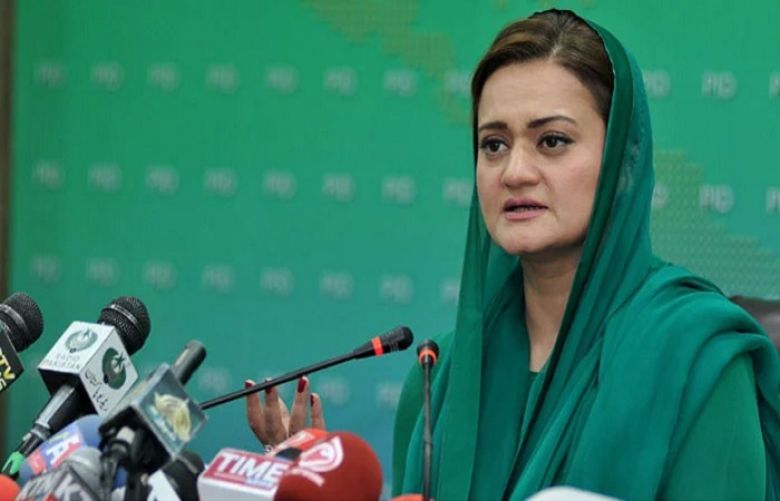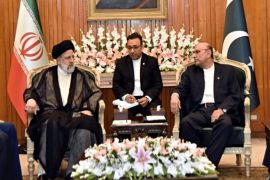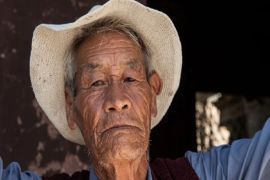Information Minister Marriyum Aurangzeb announced on Thursday that the government has imposed a ban on the import of 38 non-essential luxury items under an "emergency economic plan".
She made the announcement while addressing a press conference in Islamabad. Shortly after, Prime Minister Shehbaz Sharif took to Twitter to say that the decision would "save the country precious foreign exchange".
"We will practice austerity and financially stronger people must lead in this effort so that the less privileged among us do not have to bear this burden inflicted on them by the PTI government," he said, adding that the nation would overcome these challenges with "resolve and determination".
The decision comes as the dollar has witnessed a meteoric rise against the rupee over the past few weeks on account of the country's rising import bill, growing current account deficit and depleting foreign exchange reserves. On Thursday, the dollar shattered all records and soared to Rs200 in the interbank market.
During her press conference, the information minister assured the nation that PM Shehbaz was "working day and night to stabilise the economy".
Aurangzeb said that in light of this, it was decided to impose a ban on the import of all non-essential luxury items. "These items are those which are not in use of the general public," she said as she identified imported vehicles as one such item.
List of banned items
Automobiles
Mobile phones
Home appliances
Fruits and dry fruits (except from Afghanistan)
Crockery
Private weapons and ammunition
Shoes
Chandeliers and lighting (except energy savers)
Headphones and loudspeakers
Sauces
Doors and window frames
Travelling bags and suitcases
Sanitary ware
Fish and frozen fish
Carpets (except from Afghanistan)
Preserved fruits
Tissue paper
Furniture
Shampoos
Confectionary
Luxury mattresses and sleeping bags
Jams and jelly
Cornflakes
Toiletries
Heaters, blowers
Sunglasses
Kitchen ware
Aerated water
Frozen meat
Juices
Pasta
Ice cream
Cigarettes
Shaving goods
Luxury leather apparel
Musical instruments
Salon items like hair dryers etc
Chocolates
She declared that it was "an emergency situation" and Pakistanis would have to make sacrifices under the economic plan, adding that the impact of these bans would be around $6 billion.
She said that import orders where the letter of credit had already been opened or where payment had been made would be processed but no newer ones would be entertained.
"We will have to reduce our dependency on imports," she said, adding that the government was now focusing on exports. The minister said that under the government's economic plan, local industries would prosper while employment opportunities would also arise.
She said the new measures would also have an impact on the current account deficit, adding that this step had been taken under an "emergency economic plan". She said that a meeting will also be held later today on how to reduce the impact of energy prices on consumers.
Criticising the PTI-led former government, Aurangzeb said that former prime minister Imran Khan had put all the cases against his own regime on the backburner. She held the PTI government responsible for the exponential rise in inflation and for committing "economic terrorism".
"He promised an unfunded [fuel] subsidy and played with the economy. He tried to trap the incoming government," she claimed, adding that Imran was woefully unaware of the country's economic problems.
Rejecting the PTI's continuous calls for conducting early elections, the minister asserted that the government and its allies would make a decision in this regard, not the other way around. "It is our decision when to hold elections [...] If you intended to hold elections, you would have done so before the no-trust motion was submitted."
Aurangzeb maintained that only the current government could steer the country out of the current economic crisis. The prime minister is working on reducing inflation but such decisions require round-the-clock efforts, she said.
"We have the capacity and experience to fix the current economic issues. The step taken to ban imported items is aimed at stabilising the economy."
Responding to a question, the minister also said that PM Shehbaz would address the nation in a day or two and "explain the entire situation".







